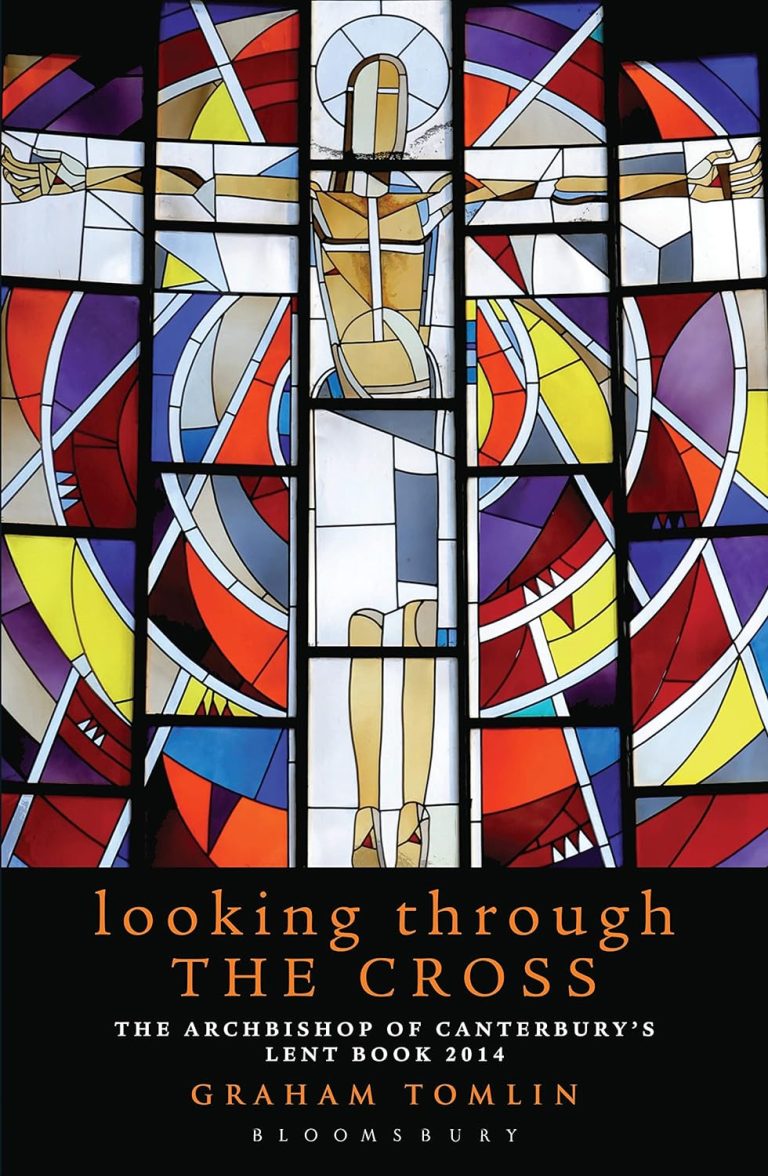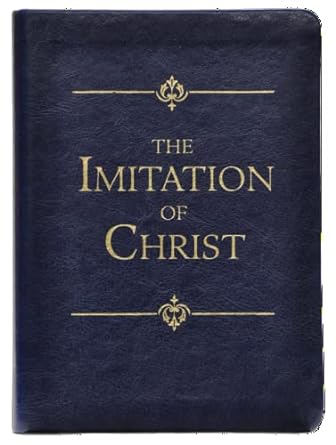
Ancient Anglican
A Modern Perspective on Early Christian Thought.
New on the Blog
Looking Through the Cross – The Cross and Ambition/The Cross and Failure, pt.2.
Through the Cross, our ambition is redirected from ourselves towards others and it is through the Cross that our failures, like Peters, are set aside and overcome.
Imitation of Christ – Introduction, pt.1
Thomas á Kempis’ “The Imitation of Christ” does not seek to give us abstract knowledge about God but to guide us into a deep spiritual experiential personal knowledge of the Divine.
Looking Through the Cross – The Cross and Ambition/The Cross and Failure, pt.1.
The Cross, however, calls us not to an individualistic love of selfish ambition, but an ambitious love for others.
Looking Through the Cross – The Cross and Suffering, pt.2
One of the points that Tomlin brings out in this chapter is that any discussion of Christ’s suffering on the cross must end with the Resurrection. There simply is no salvation in a Christ who only suffered and died for that would mean that death had ultimately triumphed.
Looking Through the Cross – The Cross and Suffering, pt.1
At the Cross, we see a God who suffers as we suffer and a God who feels as abandoned as we do. We have a God who has assumed our human condition. In looking at the Cross, we know that God is with us because he has become one of us.
Looking Through the Cross – The Cross and Identity, pt.2
But can this new identity also be revealed by looking through the cross deeper into ourselves – not only externally but internally? Can Christ be found and make himself known not only from without but also from within?
Looking Through the Cross – The Cross and Identity, pt.1
If we simply identify as “Christian” as a way of separating ourselves over and against the “ungodly” then, although our identity has changed, the nature of our identity as a means of exclusion remains. Unlike other identities, to identify as Christian means to identify with those who aren’t.
Looking Through the Cross – The Cross and Power, pt.2
Tonight is cancelled.
Looking Through the Cross – The Cross and Power, pt.1
In the Cross, however, we see a radical flattening of society so that even the difference in the power structures between slave and free disappear.
Looking Through the Cross – The Cross and Evil, pt.2
When have you felt abandoned by God? Jesus experiences this abandonment when he quotes Psalm 22 and that abandonment is visibly manifested when the sky darkens as he hangs on the Cross.
Looking Through the Cross – The Cross and Evil, pt.1
When we look at the nature of evil, we see the ultimate sacrifice of the Son. Him who is pure light is handed over to and assumes our darkness. Him though whom all things came to exist, is handed over to and assumes our non-existence.
Looking Through the Cross – The Cross and Wisdom, pt.2
As a foretaste of the following chapters, begin to think through how the great political issues of today look different through the lens of the cross.


